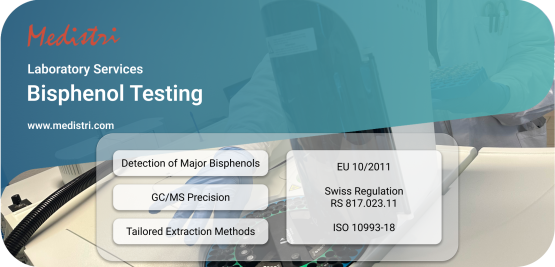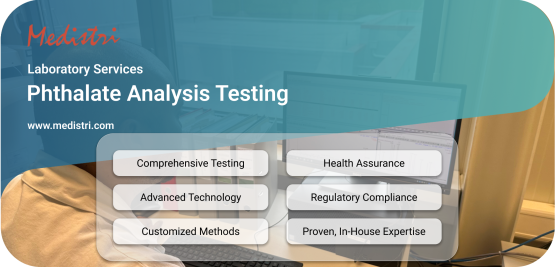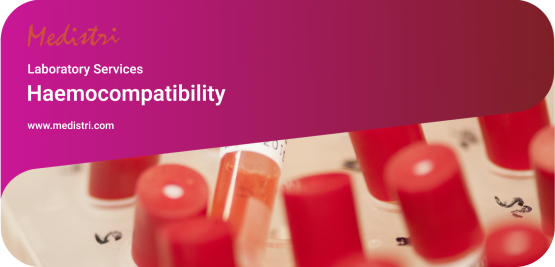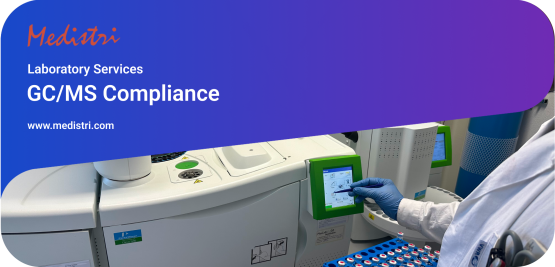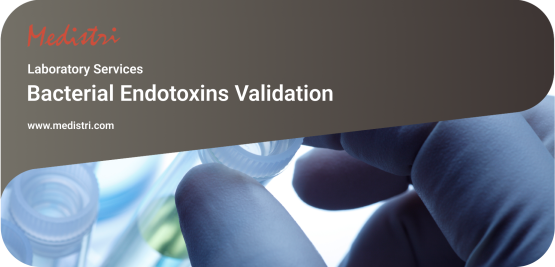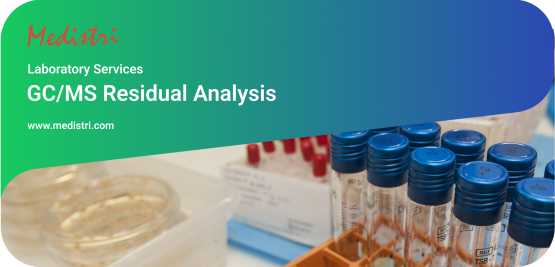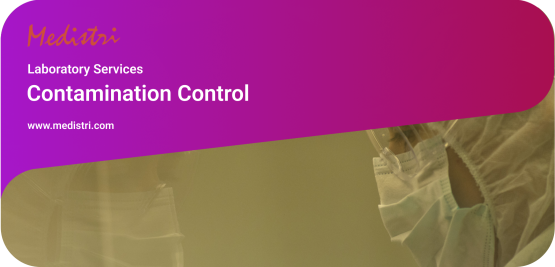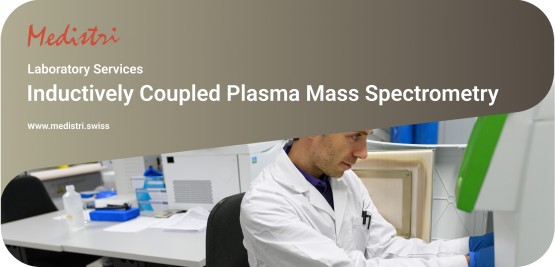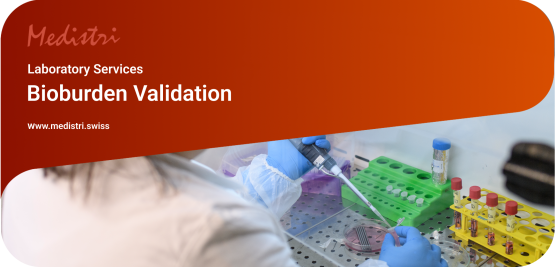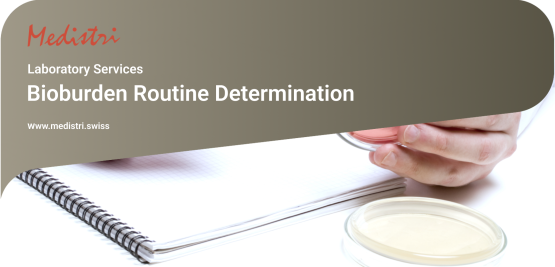Bisphenol Testing
Bisphenols are compounds used in the industrial manufacture of plastics, as monomers of polycarbonate or as additives in epoxy resins. They form a large family made up of many substances that have similar chemical structures and uses.
Phthalate Analysis Testing
Phthalates are a series of widely used chemicals that demonstrate to be endocrine disruptors and are detrimental to human health. Phthalates can be found in most products that have contact with plastics during producing, packaging, or delivering.
Haemocompatibility
Haemocompatibility, also known as hemocompatibility, is a crucial aspect of biocompatibility testing for medical devices that come into contact with blood. It evaluates the interactions between the medical device and blood components to ensure that the device does not adversely affect blood or cause harmful reactions when used as intended.
GC/MS Compliance
GC/MS Analysis (also called Gas Chromatography/ Mass Spectrometry) is an analytical process that utilises the capabilities of Mass Spectrometry and Gas Chromatography in order to determine the chemical compounds within a sample.
Bacterial Endotoxins Validation
Bacterial Endotoxins Validation is a critical process in the pharmaceutical industry that ensures the safety and quality of products. Endotoxins from gram-negative bacteria are the most common cause of toxic reactions resulting from contamination of pharmaceutical products.
GC/MS Residual Analysis
GC/MS Residual Analysis is crucial primarily for safety reasons. Residual solvents can be harmful or toxic. Even if they are not directly harmful, they can react with other substances in the product to form harmful compounds. Therefore, it’s essential to identify and quantify them to ensure the safety of the product.
Contamination Control
Contamination Control is a critical aspect of quality assurance in various industries, particularly those related to healthcare. It encompasses a set of practices aimed at maintaining a clean and sterile environment to prevent the introduction, growth, or spread of contaminants.
Inductively Coupled Plasma Mass Spectrometry
Inductively Coupled Plasma Mass Spectrometry, often referred to as ICP-MS, is a highly versatile analytical technique used for the detection and quantification of many elements. The technique uses an inductively coupled plasma to produce ions from a sample. These ions are then separated and detected by the mass spectrometer.
Bioburden Validation
Bioburden, also known as microbial limit testing, is a quality control process that detects and quantifies microbial contamination of a product at different stages of production. It’s performed on pharmaceutical products and medical products for quality control purposes.
Bioburden Routine Determination
Bioburden Routine Determination is a process used to measure the total microbiological population on a medical device or pharmaceutical article prior to sterilization. This process is crucial for ensuring the sterility of these products.

